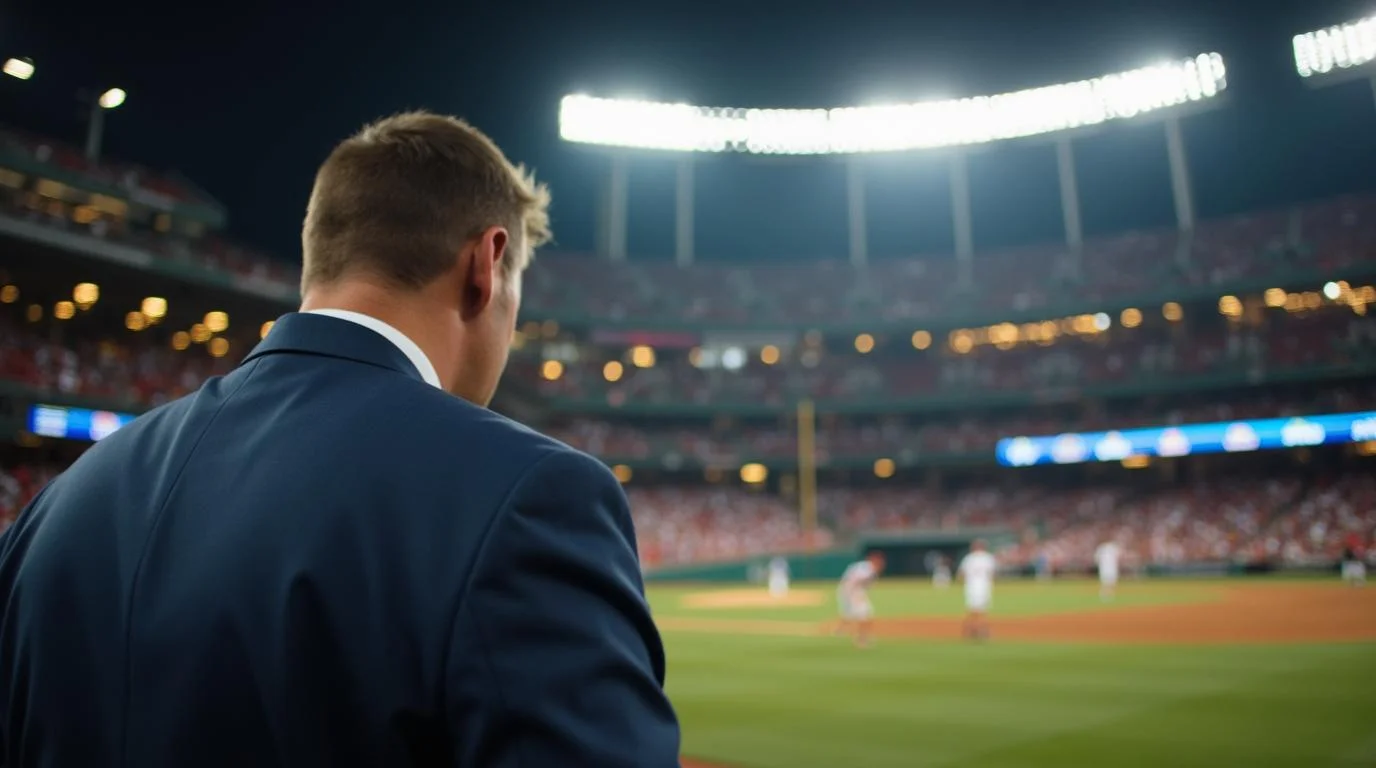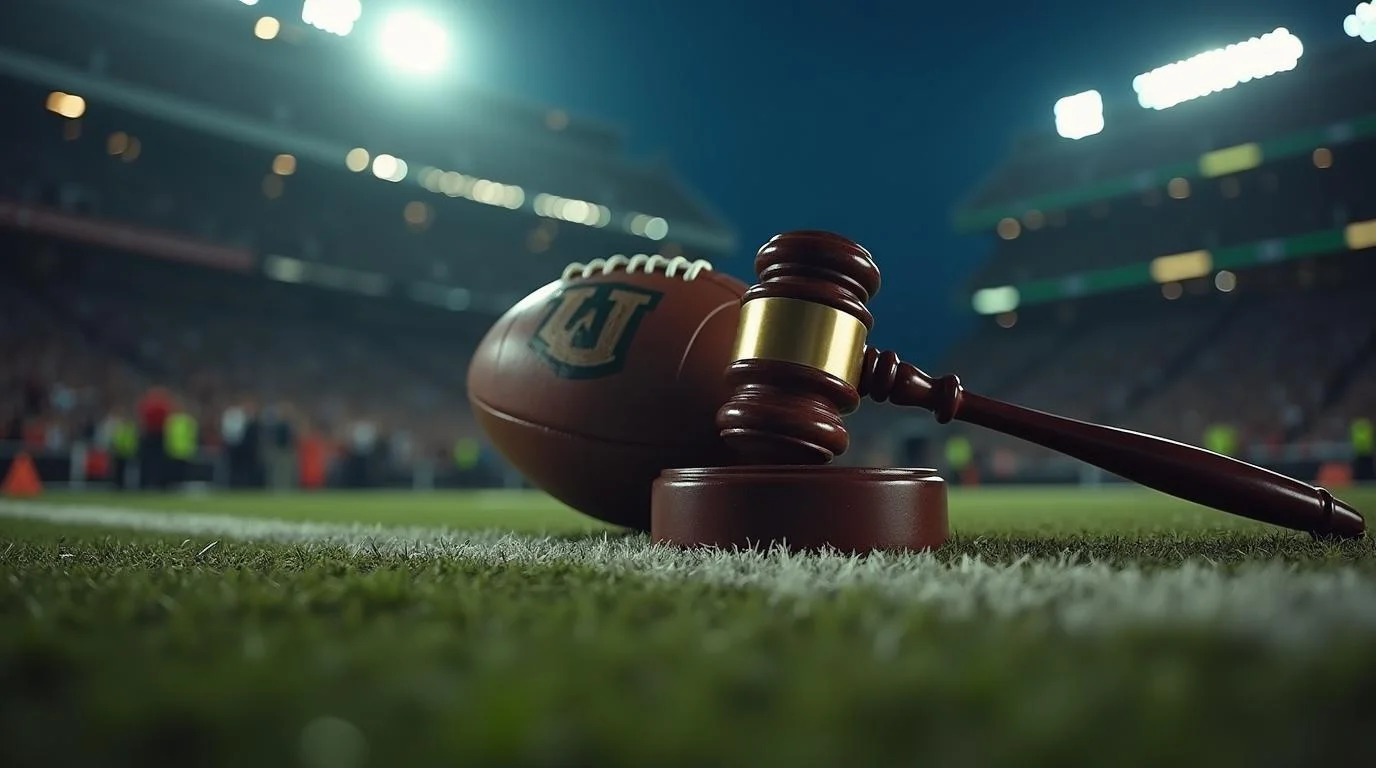Sports betting scandals put Congress in the spotlight but reforms face long odds
Recent betting scandals involving MLB, NBA and NCAA figures have pushed US lawmakers to scrutinise how legal sports wagering is regulated and whether federal standards are needed.
Industry stakeholders argue that regulated sportsbooks are exposing misconduct rather than creating it, and that a deeply divided Congress is unlikely to agree on sweeping national reforms.

1.0
Default
Lawmakers seize on sports betting scandals
Some federal lawmakers are seizing on a wave of high-profile sports betting scandals to demand tougher regulations, but industry lobbyists say the uproar is unlikely to produce meaningful national reform in the US.
From hearings and information demands to renewed pitches for the SAFE Bet Act, members of Congress are using cases involving MLB and NBA figures to argue that state-by-state oversight has left dangerous gaps in consumer protection and game integrity.
But operators and lobbyists counter that regulated books have helped uncover the misconduct now driving the headlines. They also see Washington’s partisan dysfunction as a major obstacle to any serious move toward a national sports betting framework.
“You have a situation where there is interest in the topic and will remain a lot of interest,” said Brandt Iden, vice president of government affairs at Fanatics Betting & Gaming and a former state representative in Michigan.
“Congress will do its job and there will be a committee hearing and air things out. What I hope is this is not a situation where it’s finger-pointing and is instead more a collaborative discussion on how it works. The reality is these things are uncovered because of the regulated market, and together it becomes an education process.”
Are more sports betting hearings coming?
In December 2024, the Senate Judiciary Committee held a hearing on sports betting that lasted approximately two hours and ventured off track into partisan arguments. Senator Dick Durbin, committee chairman at the time, said it was just the beginning of discussions on sports betting, but the committee did not hold another hearing.
Following the recent scandals, however, legislators are calling for information from leagues. The US Senate Committee on Commerce, Science and Transportation sent a letter to MLB Commissioner Rob Manfred with six questions. The committee set a 5 December deadline for response.
“MLB has every interest in ensuring baseball is free from influence and manipulation,” the letter reads. “But in light of these recent developments, MLB must clearly demonstrate how it is meeting its responsibility to safeguard America’s pastime.”
The MLB plans to cooperate in the questioning around Cleveland Guardians pitchers Emmanuel Clase and Luis Ortiz, who are accused of manipulating pitches to enable sports betting profits.
The same committee and members of the House Committee on Energy and Commerce also requested answers from NBA Commissioner Adam Silver. NBA staff members were reportedly on Capitol Hill earlier this month.
The House committee is also looking into the NCAA, which has had its own slew of sports betting scandals.
Could discussions highlight benefits of the regulated market?
The sports betting scandals have caused lawmakers, as well as the general public, to question the integrity of sports and blame – at least in part – the widespread legalisation of sports betting. Many, including Durbin, have specifically called out the potential for manipulation of prop bets. Recently, major sportsbooks agreed at MLB’s urging to place a $200 cap on pitch-level microbets.
Some state regulatory agencies, including the Michigan Gaming Control Board, are reassessing the market and what bets should be available. MGCB Executive Director Henry Williams said the integrity of the industry requires “proactive safeguards designed to detect and deter misconduct before it occurs”.
Still, Williams stressed his belief that the regulatory system in place “prioritises transparency, accountability and consumer protection”.
Former New Jersey governor Chris Christie, who was the lead plaintiff in the 2018 PASPA case, wrote in an essay for The New York Times that legal sports betting strengthens integrity.
Iden said any discussions with lawmakers will likely be positive, because it will help them understand that the increase in legal sports betting and illegal activity is not the correlation it might appear to be.
“Too many lawmakers don’t understand how it works. It’s not a negative, just a fact,” Iden said, explaining sports betting is not a topic national lawmakers prioritise. “They want to be involved. They see headlines that there might be something there. We’ll see some committee hearings where leagues get up and provide public testimony.
“It’s a regulated system that works and it will likely happen again. If athletes continue to commit crimes, they’ll be uncovered. Legal sports betting is something that didn’t exist, and now it exists, and we’re uncovering nefarious activity that already existed.”
National framework unlikely to move
Lawmakers on Capitol Hill have filed numerous gambling-related bills over the past several years, but Congress has shown little interest in taking any up. That includes the SAFE Bet Act, first introduced last year by two Democrats, Paul Tonko in the House and Richard Blumenthal in the Senate. The pair held an event this month highlighting the human impact of sports betting.
“In order to truly address this rising crisis, the federal government must act to establish minimum safety standards. I’ll continue to highlight the importance of this issue to my colleagues and push for this common-sense legislation,” Tonko said in a recent statement to iGB.
State lawmakers and regulators are in a better position to alter existing laws and regulations. Ohio Governor Mike DeWine, who signed the law legalising sports betting in the Buckeye State, recently expressed regret about it to the Associated Press. DeWine also said the recent limits agreed to on MLB microbets do not go far enough. While he knows the votes to repeal sports betting in Ohio do not exist, he said he would sign a bill sent to him to do so. Lawmakers have filed bills in Maryland and Vermont to repeal their laws, but they did not advance.
One reason industry stakeholders are doubtful anything moves at a nationwide level is the divisive partisanship in Washington. When the initial NBA scandal broke last month, Congress was in a record-long shutdown.
“We have to put into perspective that we have a Congress that is basically not functional, and it’s not even functional when they have a government that’s funded,” one industry source told iGB. “There will be some congressional discussions. What that leads to in terms of federal solution, I think it’s unlikely in the near term.”



















